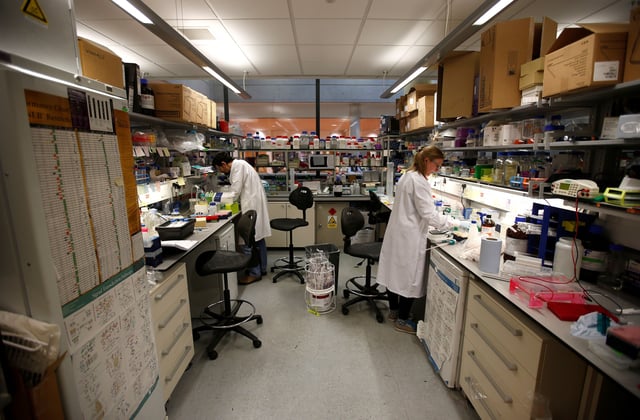Overview
- Researchers quoted in new coverage predict that AI could independently produce Nobel-caliber work within decades, with estimates ranging from about 10 years to roughly 2050.
- One lab leader forecasts a prize-worthy machine discovery as early as 2030, while others stress that current systems remain far from full autonomy.
- Under the challenge’s rules, an AI must generate hypotheses, plan experiments, and analyze results without human intervention to qualify.
- Studies find today’s agents can complete narrow scientific tasks but rarely succeed at full projects end to end, underscoring the remaining technical gap.
- Recent Nobel Prizes honored advances behind AI, including machine-learning pioneers and the team behind AlphaFold, but no award has recognized a discovery made autonomously by a machine.
